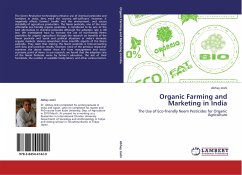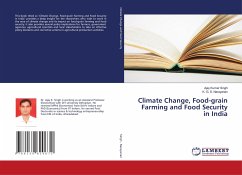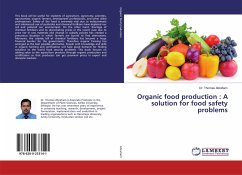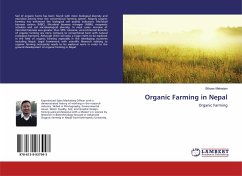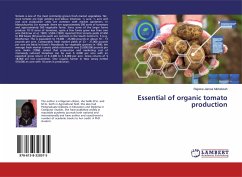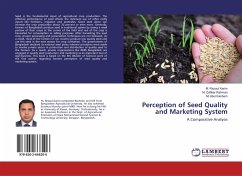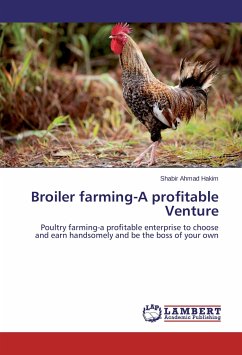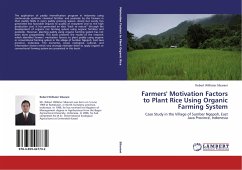The Green Revolution technologies enhance use of chemical pesticides and fertilizers in India; they make the country self-sufficient. However, it negatively affects farmers health and the environment, and causes instability of agriculture production. The Neem pesticide, one of the most affordable eco-friendly organic pesticides, is considered to be one of the best alternatives to chemical pesticides although the adoption rate is still low. We investigated how to increase the use of eco-friendly Neem pesticides for organic agriculture through the research on benefits of the Neem pesticide and social and political situations in India s domestic organic markets. Various researchers show scientific aspects of the Neem pesticide. They claim that making the Neem pesticide is time-consuming with slow and uncertain results; however, none of the previous researcher examines the above matter from the farm management and socio-economic point of views. In our research, we found that the adoption rate of the Neem Pesticide varies by farmer s education, the size of their farmlands, the number of available family labors, and other various factors.
